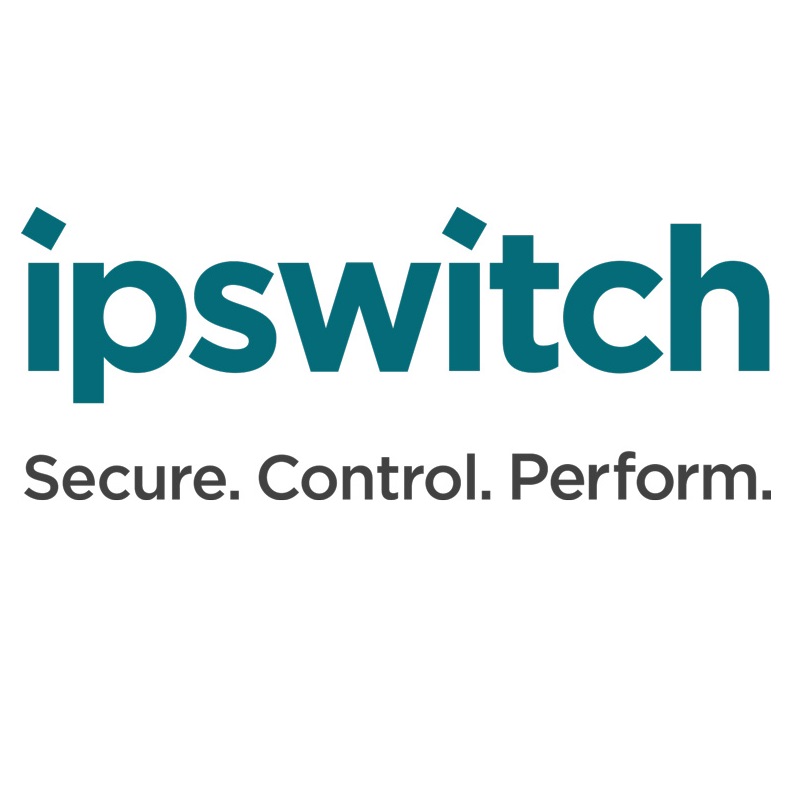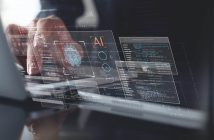
By Alessandro Porro, Senior Vice President, International Sales, APAC, Ipswitch
 Data is the key element of success in the 21st century business environment. Multiple industries have embraced the data revolution by gathering and analyzing data stored in their organizations. This has been used to generate insights to improve existing operations or discover new ways of doing business. Thus, it is no surprise that the healthcare industry, with its troves of data, is ramping up to take the advantage of the information age.
Data is the key element of success in the 21st century business environment. Multiple industries have embraced the data revolution by gathering and analyzing data stored in their organizations. This has been used to generate insights to improve existing operations or discover new ways of doing business. Thus, it is no surprise that the healthcare industry, with its troves of data, is ramping up to take the advantage of the information age.
With the advancements in medical science through research and patient treatment, there has been a dramatic increase in the need for reliable healthcare data management tools. With Electronic Health Records, which have replaced handwritten notes and filing systems, healthcare data is now available to medical professionals at the touch of a button.
However, this has generated a new challenge for the healthcare industry – the need for data encryption. Data from the Ponemon Institute research has shown that 90% of healthcare organizations have suffered a data breach in the past two years. Healthcare data is receiving increased attention from cybercriminals as personal health information is “100 times more valuable than stolen credit cards”, according to Institute for Critical Infrastructure Technology.
Benefits of the healthcare data revolution
There are widespread benefits of digitalizing healthcare records and making the data easily accessible. To maximize revenue, healthcare practitioners are expected to see as many patients as possible in one day. Thus, digitalization of data improves productivity by removing the time which would have been spent tracking down medical records or dealing with archaic systems that keep them filed away.
Enabled by this easy access to healthcare data, medical professionals gain better information about their patients as well as insights into what is happening to others with similar conditions. This allows them to detect information that they might have missed previously.
The impact of this data revolution has not only resulted in better patient care, but also the ability to make data correlations and identify patterns in a way not possible before. When all medical information is stored in one place and is accessible by any authorized healthcare practitioner, a lot more can be learned from insights gathered through data analytics. Tracking the Zika virus from its roots in South America to other parts of the world is a compelling example of the power of correlated data. Knowledge about Zika and how it spreads was made readily available by organizations globally. Through analysis of the data, public health officials were able to anticipate issues rather than just react to the outbreak.
As the power of data is making its impact on modern healthcare, we see another looming revolution with AI (Artificial Intelligence) in healthcare. Medical AI, with its ability to remember and analyze vast amounts of data, can take a big burden off of overworked physicians, nurse practitioners and other medical professionals.
A possible application of AI is the initial questioning of patients. AI device could “ask” patients about their symptoms and summarize these in medical language. Doctors can then quickly hone in on key indicators and be informed if, for example, an unusual symptom matches reports from other doctors’ patients, which can help them identify and monitor emerging epidemics.
Mitigating risk through encryption of healthcare data
With its immense value, healthcare data is being targeted by cybercriminals. It has become imperative for healthcare IT departments to ramp up their efforts secure this data.
- Protecting healthcare in a fluid environment – Securing sensitive data is never easy, especially not in a fluid environment like healthcare with medical professionals constantly on the move. Healthcare companies can take two approaches to protect confidential information. The first option is to protect all the endpoints leading to it, so the data is not accessible to hackers. The other is to encrypt the data, so that even if hackers get the document, they cannot read it.
End-to-end encryption that embraces both data at rest, in storage units, and data in motion, during file transfers, offers the most complete protection available to a document throughout its life cycle. As the encryption process can be automated, it can be deployed with confidence, even for users who are not accustomed to thinking about security. - Backing up data – It is important for healthcare companies to constantly back-up their data. The rising incidents of ransomware have forced healthcare companies to shell out large sums of money to cybercriminals. If a healthcare company does come under attack, a recent backup will allow them to quickly resume operations with minimal impact, assuming the ransomware isn’t present in the backup.
- Compliance with regulations – Regulators are also cracking down on healthcare companies on protecting confidential data. Ensuring healthcare IT networks are consistently compliant and secure with the lack of resources is a nightmare scenario for the IT department. Along with its impact on business, a data breach could also lead to regulators levying heavy fines on healthcare companies.
IT professionals should not despair as there are examples of healthcare companies who have harnessed data and successfully secured confidential documents while complying by regulatory requirements.
Medibank, Australia’s largest provider of integrated health insurance, is using an automated and secure file transfer system that not only allows IT to manage, view, secure and control all file transfer activity, but also meets Australian governments and Commonwealth regulations and policies. Medibank estimates that it will achieve substantial time savings that will translate into dollar savings of over $30,000 each year, a figure that will increase as the number of files transferred grows. The company is focused on protecting the trust of its customers with their personal health information through proactive adoption of innovative technologies.
Healthcare data is becoming an important tool and asset for healthcare companies to innovate and improve services for patients. Fueled by this data, we are seeing the creation of intelligent systems with enormous potential to improve our health and well-being. The challenge for the medical IT community will be managing the data and systems reliably and securely in compliance with regulations.




